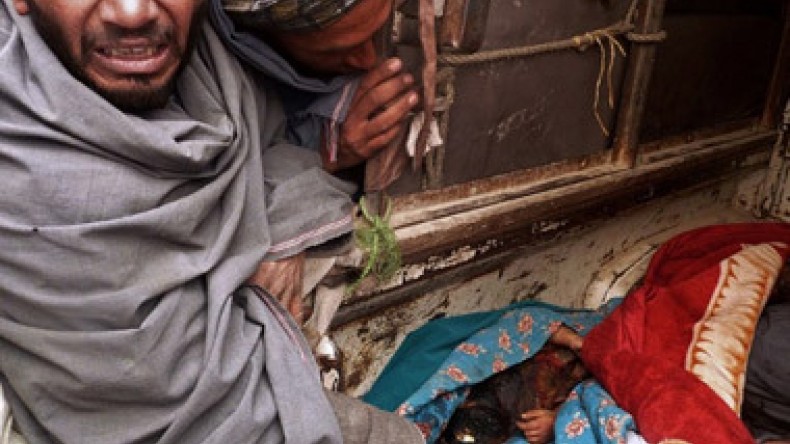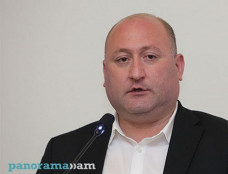
U.S. soldier charged in Afghan massacre had PTSD
A U.S. soldier charged with slaying 16 civilians, most of them women and children, near his Army post in Afghanistan was diagnosed before his deployment as suffering from post-traumatic stress disorder and a brain injury, his lawyer said on Thursday, according to Reuters.
Prosecutors are seeking the death penalty against Robert Bales, a decorated veteran of four combat tours in Iraq and Afghanistan who is accused of gunning down the villagers in cold blood during two rampages through their family compounds in Kandahar province last March.
Military justice experts say the post-traumatic stress disorder (PTSD) diagnosis, if substantiated, may prove of limited value in helping Bales' attorneys pursue an insanity defense but could make it more difficult for prosecutors to obtain the death penalty, even if they can prove premeditation.
The disclosure that Bales had been diagnosed with PTSD followed a hearing in which defense lawyers told a military judge they were preparing a possible "mental health defense" for Bales, who appeared in court wearing a green military dress uniform.
The judge, Colonel Jeffery Nance, said such a defense would require a formal psychiatric evaluation and that he would order a "sanity board" of independent doctors to review Bales' mental condition.
During Thursday's 90-minute hearing at Joint Base Lewis-McChord near Tacoma, where Bales is being held, defense lawyers also deferred entering a plea on behalf of their client and waived a formal reading of the charges against him.
Asked by the judge whether he understood that the case against him could result in the death penalty, Bales, 39, an Army staff sergeant, replied, "Sir, yes sir."
Under the military justice system, a plea is commonly postponed at this stage to preserve legal options for the defense, whose ability to make additional motions is severely restricted once a plea is entered, experts say.
Civilian defense lawyer John Henry Browne told the judge that Bales' legal team would need at least a year and a half to prepare its case.
Prosecutors say Bales, a father of two from Lake Tapps, Washington, acted alone and with "chilling premeditation" when, armed with a pistol, a rifle and a grenade launcher, he left his base twice, returning in the middle of his rampage to tell a fellow soldier: "I just shot up some people."
The shootings, which occurred over a five-hour period in March, marked one of the deadliest incidents the military has blamed on a rogue U.S. soldier since the Vietnam War, and strained U.S.-Afghan relations.
Newsfeed
Videos






























